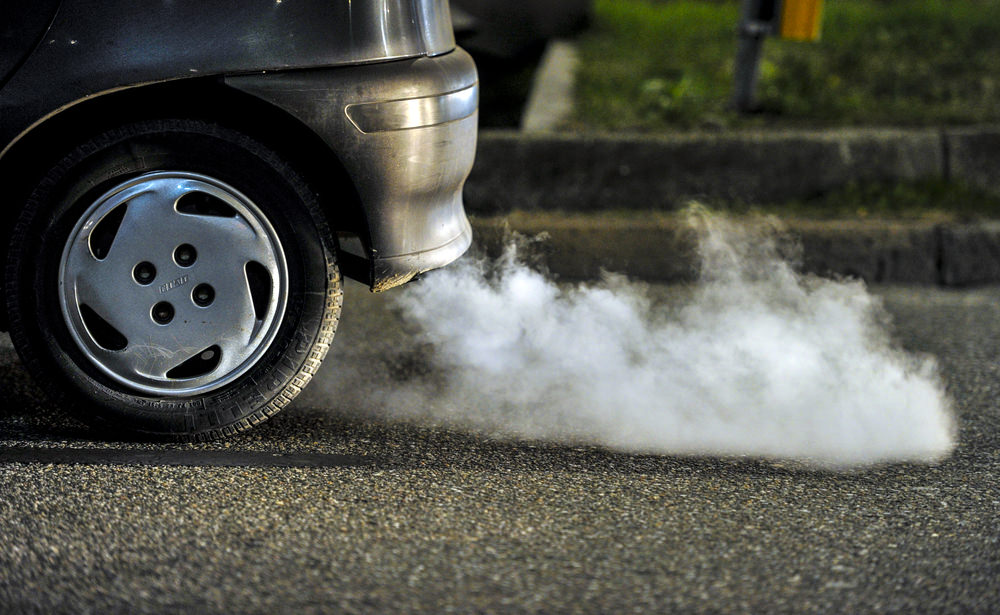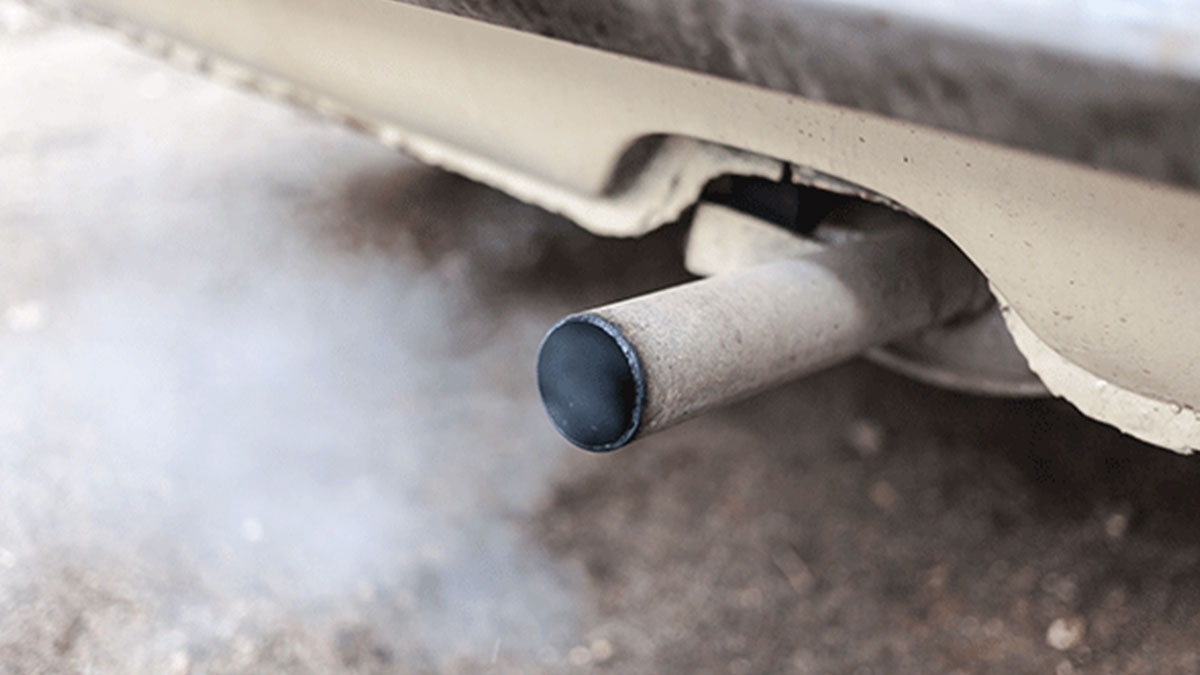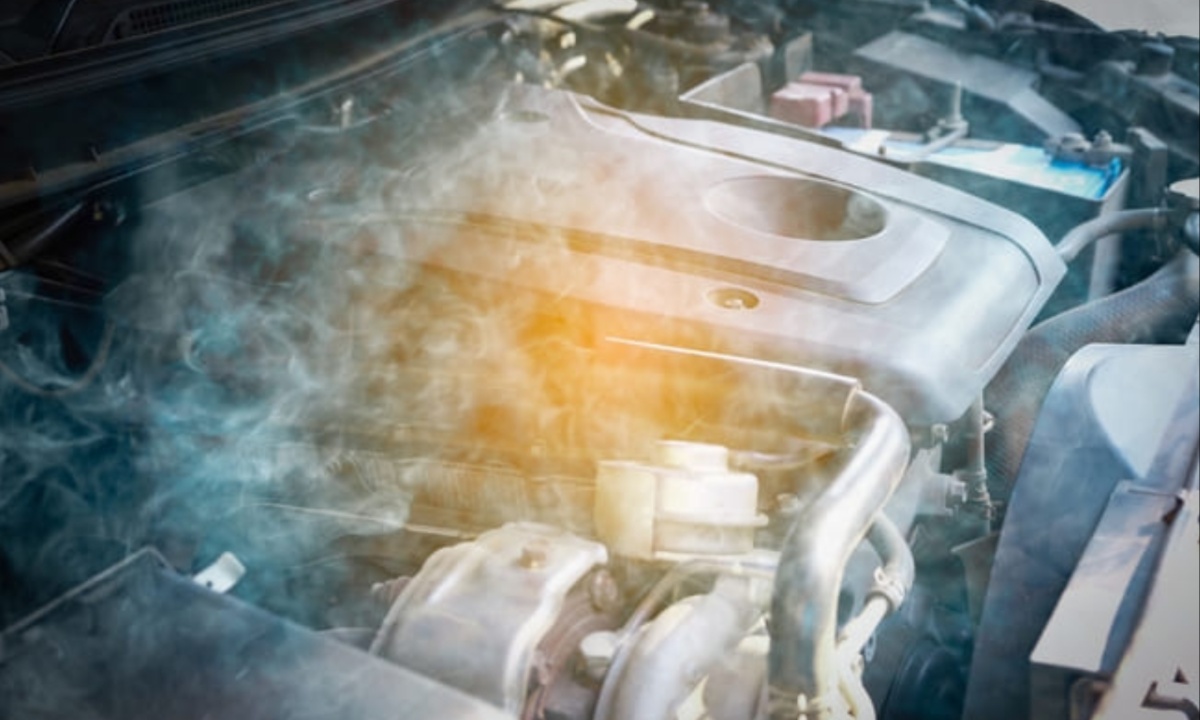Maintaining your vehicle with consistent care is essential for its longevity. Regular checks, including monitoring your dashboard for any warning lights or sounds, are important, but so are inspecting fluids, listening for unusual noises, checking for smoke, and being aware of any odd smells from the engine, vents, or exhaust pipes. A key area to keep an eye on is the lubrication system. One of the most critical issues to watch for is your car’s burning oil, which must be addressed immediately to prevent serious damage to the engine. Read on to understand the signs, causes, and solutions to prevent oil burning in your vehicle.
What Does It Mean for a Car to Burn Oil?
If you notice that your oil levels are consistently lower than normal, it means your engine is burning or leaking oil. In the case of burning oil, the fluid bypasses the piston rings and enters the combustion chamber. Over time, as seals and gaskets wear out, oil may leak out, landing on hot exhaust parts and other components. When this happens, you’ll smell burning oil. Additionally, if the engine’s internal parts are malfunctioning, oil may leak into unintended areas. To avoid further damage, it’s crucial to have a professional mechanic examine and diagnose the issue before it leads to serious engine failure.

Signs That Your Car Is Burning Oil
There are several signs that can indicate your car is burning oil:
Rapid Oil Level Decrease: If the oil level drops significantly within a short period, it’s a clear sign of burning oil. You may also notice the oil pressure or oil quality indicators on your dashboard decreasing quickly.
Burning Oil Smell: If you detect a strong burning oil odor from your engine, it’s typically caused by oil leaking onto hot engine parts.
Blue Smoke from the Tailpipe: If you see thick, bluish smoke coming from the tailpipe, especially when accelerating or decelerating, it means oil is burning inside the engine.
Causes of Oil Burning in Cars
Several issues could lead to a car burning oil. Being aware of these causes can help you diagnose the problem early:
Worn Oil Filter Cap: The oil filter cap can wear out over time, allowing oil to leak into the engine or cylinders, where it burns.
Damaged Piston Rings: Piston rings, especially the oil-control ring, prevent excessive oil from entering the combustion chamber. If these rings are damaged or worn, oil can escape into the chamber, leading to oil burning and carbon buildup on the engine components.
Oil Leaking into the Turbocharger: If your car is turbocharged, faulty seals can allow oil to leak into the turbocharger, leading to oil burning and potential damage to the turbo system.
Faulty PCV Valve: The positive crankcase ventilation (PCV) valve helps recycle gases back into the combustion chamber. A blocked or malfunctioning PCV valve can cause oil to be sucked into the engine and burned.

What to Do If Your Car Smells Like Burning Oil
If you notice that your car smells like burning oil or see blue smoke from the tailpipe, it’s time to take immediate action. Get your car to a mechanic for an inspection of the piston rings, valve seals, PCV system, and head gaskets. The sooner the problem is diagnosed and addressed, the better the chances of saving your engine.
Regular maintenance can help prevent these issues from arising. Have your engine parts checked annually, ideally during an oil change, and follow the manufacturer’s guidelines for part replacements. Additionally, make sure to change your oil filter with every oil change and regularly check your oil level, topping it off as needed.
Also, adopting good driving habits can reduce the risk of oil burning. For example, allow your engine to warm up for a few minutes before driving, which helps with oil circulation. Avoid driving at extreme RPMs, as this can strain the engine and increase oil consumption.
Finally, use high-quality lubricants designed for your car’s needs, such as Shield Lubricant’s automotive oils and greases. These products help protect your engine, reduce wear, and extend the lifespan of your vehicle.

